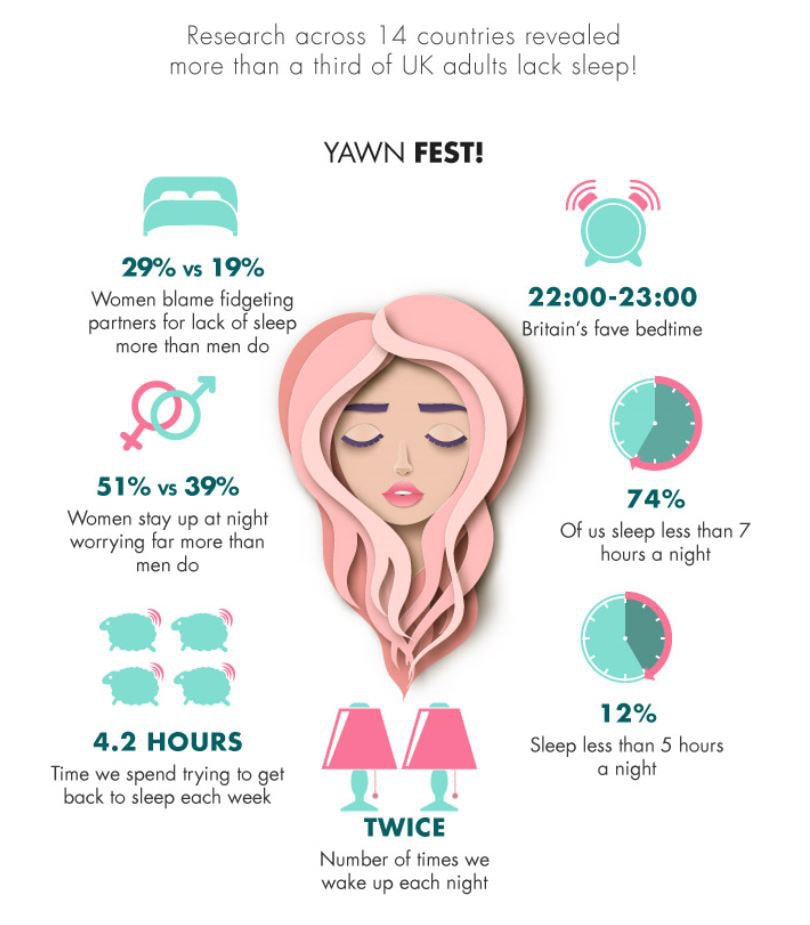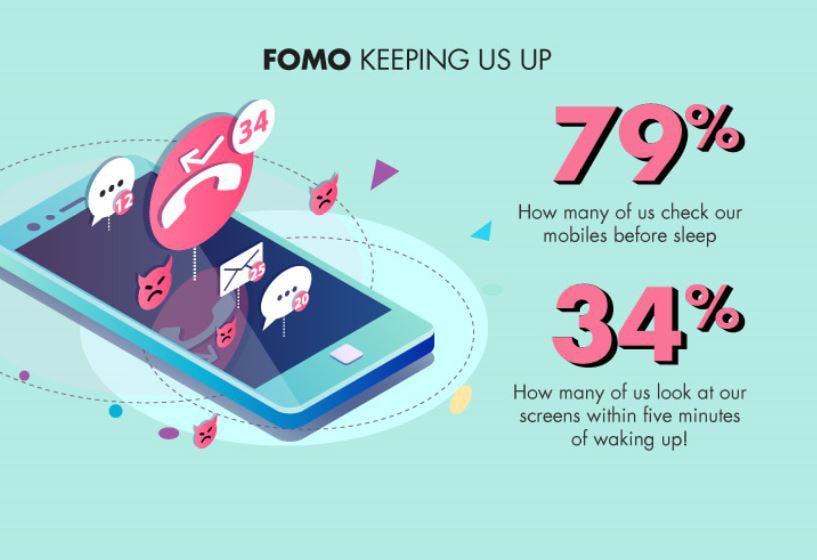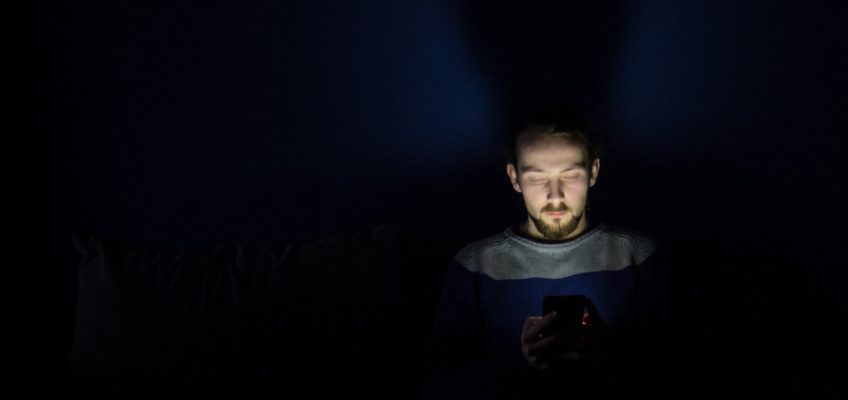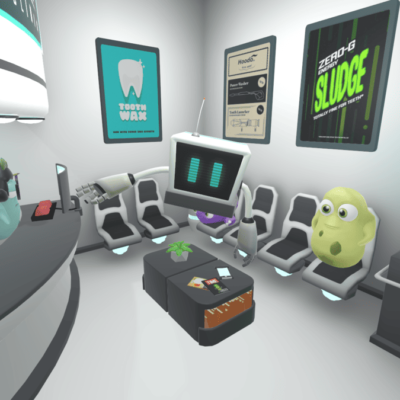FOMO (Fear of Missing Out) is well and truly ruining our slumber, with 79% of us checking our phones before we go to sleep.
Other contributing factors to sleeplessness include noise, work, alcohol, caffeine and late-night partying. Around 53% of us are kept awake by worry, while 13% report an uncomfortable bed as the culprit, as the infographic below shows.

Contrary to popular belief, experts insist that quality sleep is not only dependent on a consistent schedule and creating a sense of wellbeing. A good mattress, fresh bedding and even your nightwear are also contributing factors to a good night’s sleep.
A recent survey revealed that British women between the ages of 18-30 wear the same nightwear for an average of 17 nights in a row before washing! Men don’t fare much better at 13 nights.
Even with their renowned love affair with cosy nightwear, Britons rank internationally as the worst sleepers. A study across 14 countries discovered more than a third of UK adults lack sleep. Instead of the recommended eight hours a night, more Brits are awake in the midnight hours than ever before. At 38%, tired Brits outrank Ireland, France, the USA, Spain and Italy as the nation with the least amount of shut-eye.
British women between the ages of 18-30 wear the same nightwear for an average of 17 nights in a row Share on X
What’s more interesting is that the ongoing battle of the sexes even impacts our night-time rest, with around 51% of women staying up at night worrying compared to just 39% of men.
Women are also far more sensitive to a fidgeting other half, with 29% blaming lack of sleep on partner disturbance compared to just 19% of men.
And if looking at all these numbers hasn’t made you sleepy, try following these handy tips, courtesy of Boux Avenue
Treat bedtime like your “something new”
We all love the feeling of being cosy and that extra bit of time we get in bed on the weekends, so why are we so slack when it comes to building up excitement for something we love so much. Treat your new bedtime routine like anything else new in your life, buy yourself a new pair of PJs, a sheet mask, a new book or an oil diffuser.
With so many white noise and meditation apps available, we don’t even need to put down our mobile phones to make them useful for sleep Share on XSet the mood
Creating the right environment and choosing season-appropriate sleepwear can hugely impact comfort and temperature. Our core body temperatures need to drop by about 1°C while our skin temperatures need to increase to successfully initiate sleep and the insulation provided by comfortable sleepwear and good fabric e.g. cotton or flannel can help maintain comfort throughout the night. Fit matters too – comfy pyjamas give you much more freedom to move, stretch and snuggle into bed while sleeping.
Our core body temperatures need to drop by about 1°C while our skin temperatures need to increase to successfully initiate sleep Share on XPut your tech to better use
A good night of sleep can improve memory, increase creativity, sharpen your attention span and balance your appetite. Never mind the blissful sense of wellbeing that comes with a solid night of snoozing! With so many amazing white noise and meditation apps available, we don’t even need to put down our mobile phones to make them useful for sleep.
A good night of sleep can improve memory, increase creativity, sharpen your attention span and balance your appetite Share on XCreate a consistent schedule
74% of us sleep less than seven hours a night and 12% of us clock less than five. With the average adult waking up twice a night for around 18 minutes a time, we spend about 4.2 hours a week just trying to get back to sleep.
If you have trouble falling asleep in the first place, you’re not the only one. The average adult spends up to three hours a week tossing and turning. The most popular bedtime in Britain is between 10 – 11 pm, however 1 in 5 of us don’t go to bed until after midnight. Around 7% of us have erratic bedtimes with no routine at all. Turn on the ‘bedtime’ feature on your phone – instead of waking you up, the alarm reminds you to march yourself to bed!









